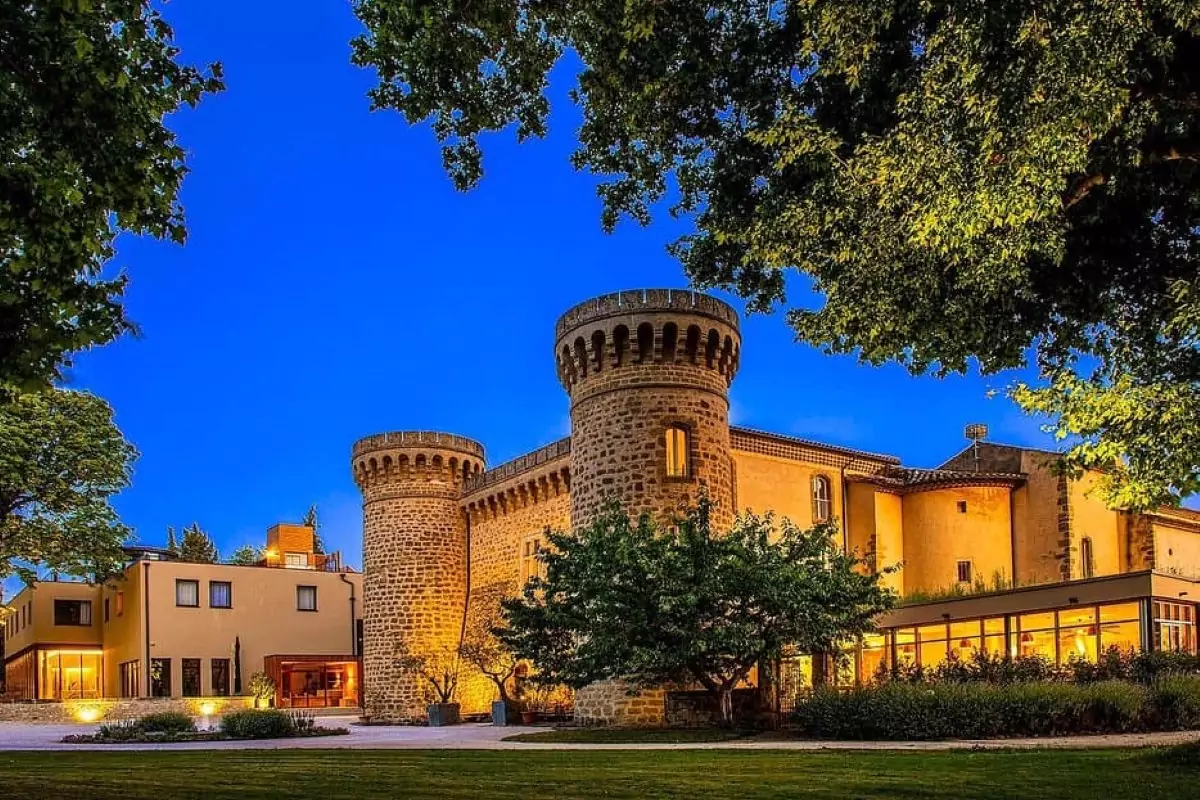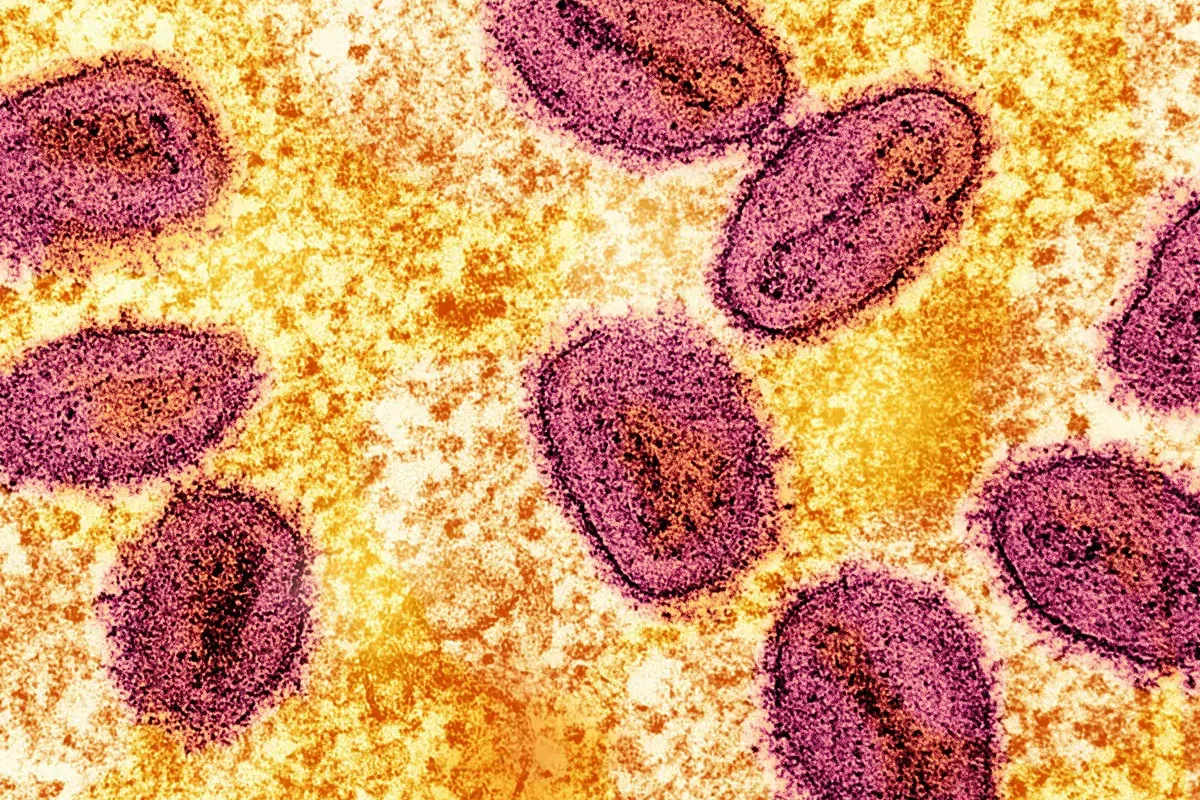When it comes to wine tasting in the South of France, the experience extends beyond the traditional. This region, with a rich history of winemaking, offers a diverse range of activities that immerse visitors in the intricacies of a wine experience. Here are Monaco Life’s top picks.
Specialised Wine Tastings
In the Courthezon region, not far from Montpellier, Chateau de Beaucastel stands out as a significant destination for those seeking a deeper understanding of fine wines. This winery has been voted 34th out of the 50 best vineyards in the world by the World’s Best Vineyards. Here, visitors can taste a selection of the estate’s Grand Vin wines, though it’s important to note that these tastings are by appointment only. For more information, click here: Château de Beaucaste
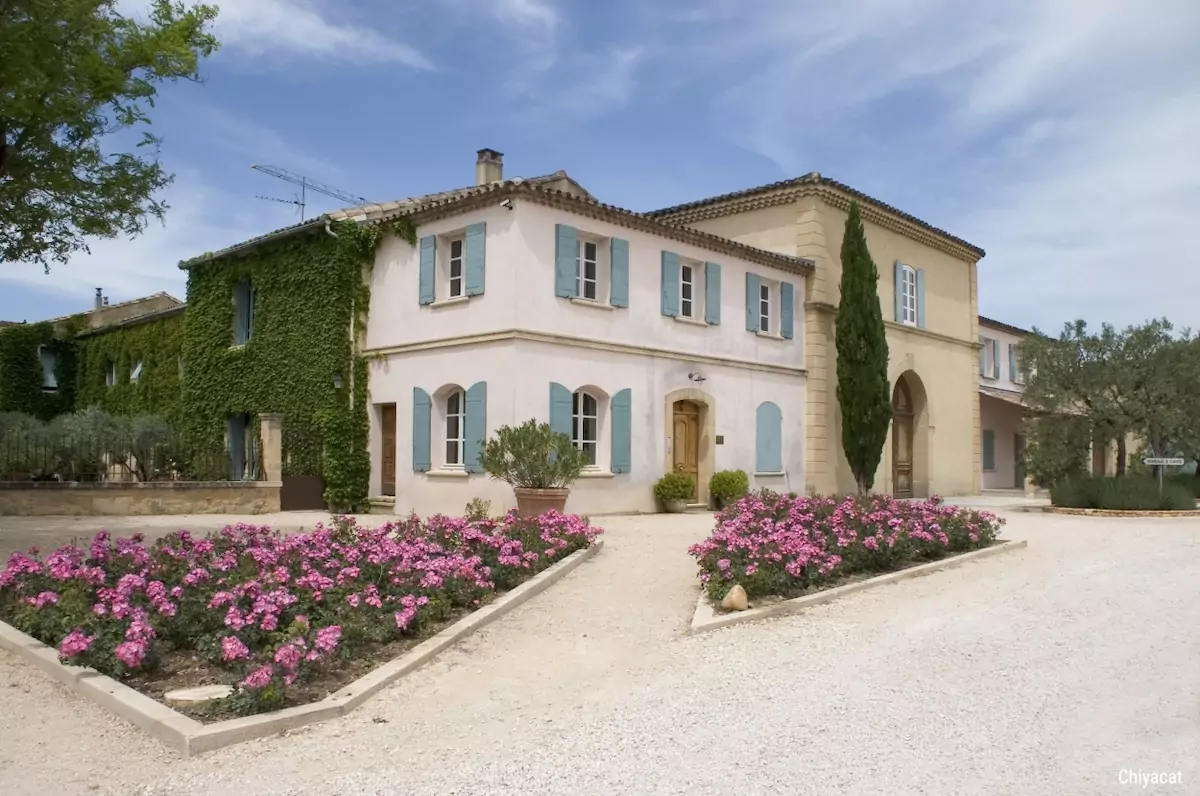
In Provence, Chateau la Canorgue is known for its organic winemaking. Managed by the fifth generation of the same family, this estate prohibits using chemicals in its wine production. The estate has also gathered significant attention for its appearance in the 2006 film ‘A Good Year’. For more information, click here: chateaulacanorgue.com.
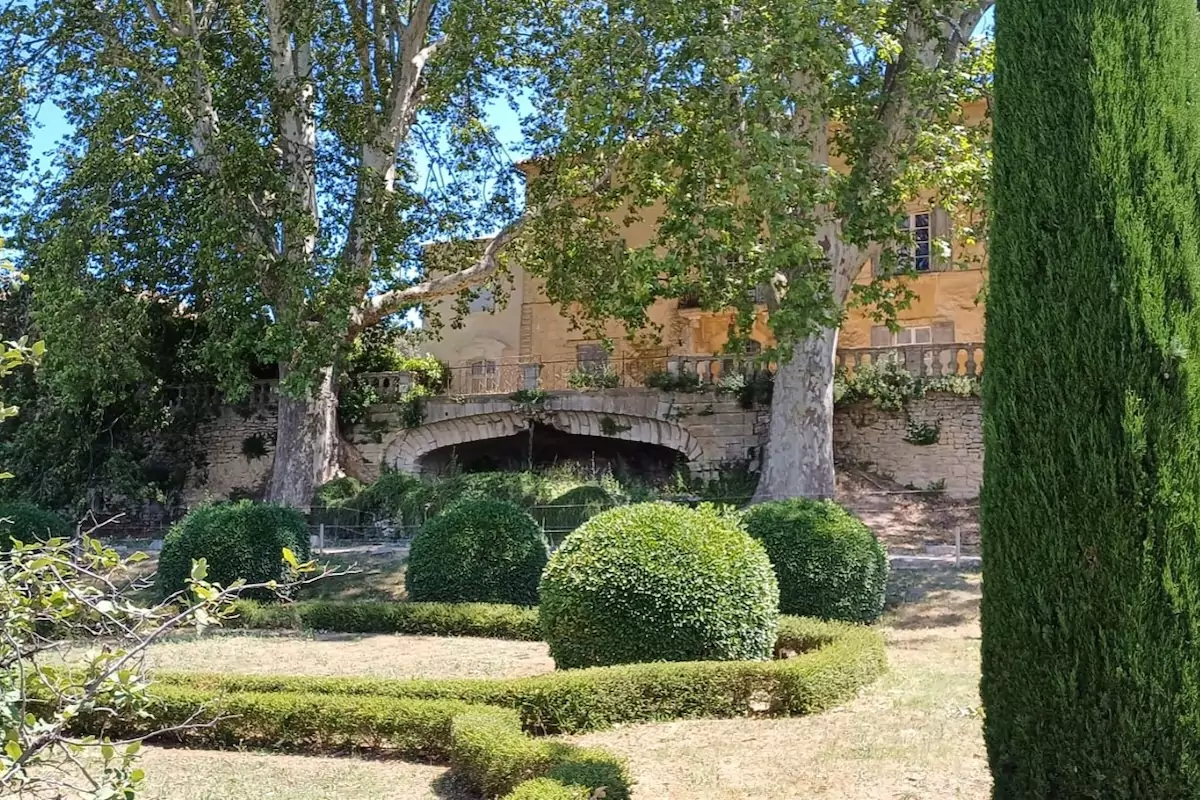
Wine and wellness
Château de Berne, located in the Var region, takes the wine tourism experience one step further. This estate, dating back to the 18th century, offers more than wine tastings. Visitors can explore the vineyards, participate in educational sessions, and indulge in vinotherapy treatments at the spa. For more information, click here: Château de Berne.
Other places that offer wine-infused spa experiences are Domaine de Manville in Baux de Provence and Château Saint-Martin & Spa in Vence. These spas, set among vineyards, incorporate the beneficial properties of grapes and wine into their treatments, offering options such as wine baths and grape seed exfoliations.
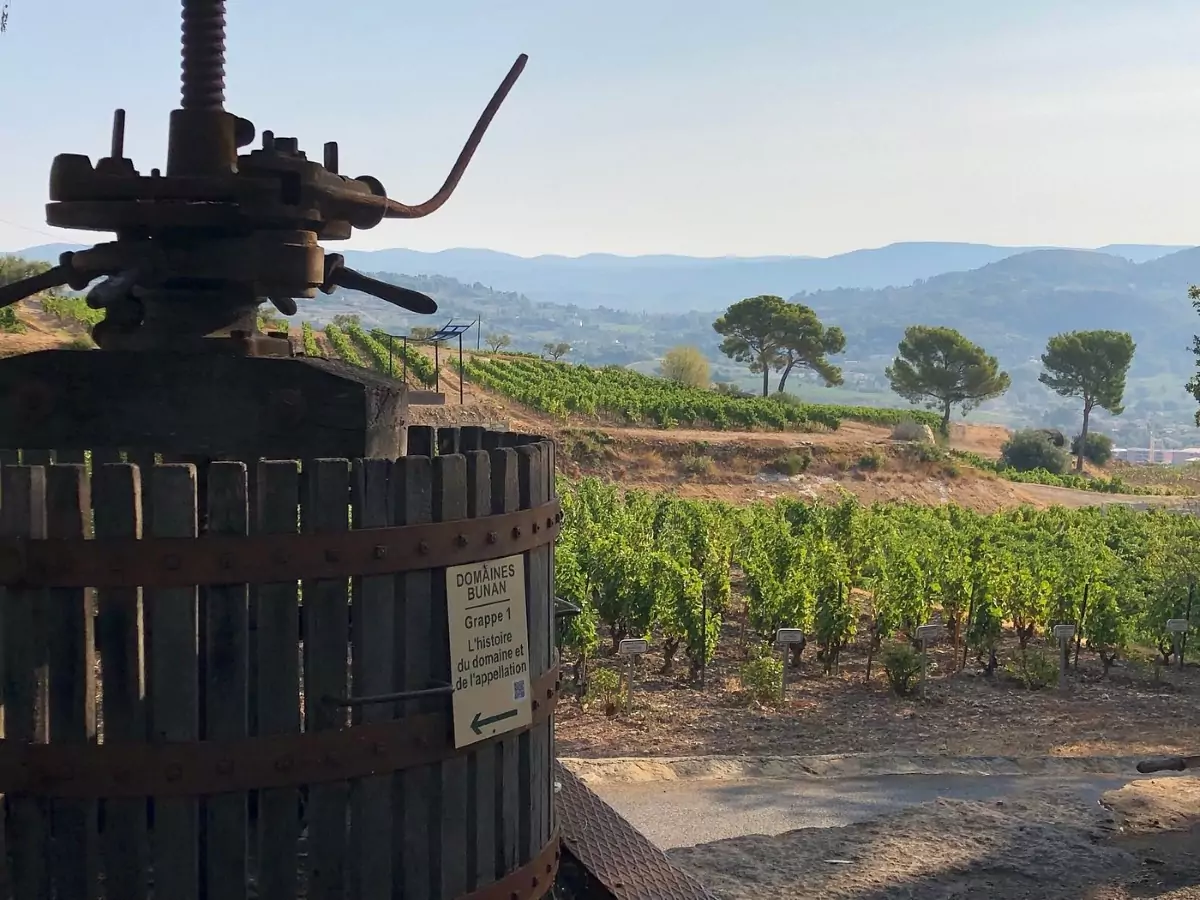
Wine tours
For those interested in exploring multiple wine regions in a single day, the full-day wine tour from Marseille, covering the Bandol and Cassis regions, is a noteworthy option. The tour includes visits to three wineries, where participants can engage in tastings and deepen their understanding of the French wine classification system. For more information, click here: Full-day Wine Tour around Bandol & Cassis from Marseille (tripadvisor.com).
A more leisurely option for exploring the region’s wine offerings is a cruise along the Rhône River. This journey includes stops at various wineries along the river, with guided tastings that provide insight into the wines of the Rhône Valley. For more information, click here: vikingrivercruises.com.
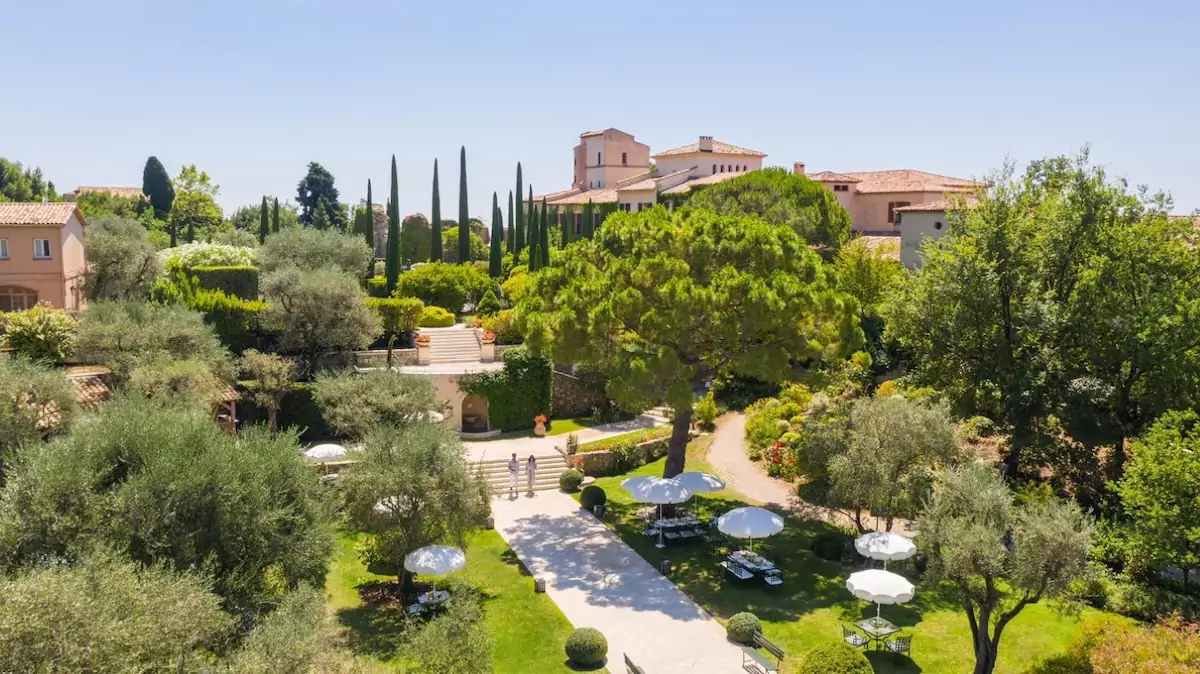
Perfect pairings
Wine and truffles are a known combination that complements each other. Provence offers unique experiences, such as truffle hunting with wine in Luberon. This activity combines the region’s famous truffles with its wines, offering participants a chance to witness truffle hunting firsthand and then enjoy a tasting that pairs the earthy flavours of the truffles with local wines. For more information, click here: lespastras.com.
Another unique offering in Provence is the olive oil and wine pairing experience. This activity showcases the region’s tradition of olive oil production and explores the relationship between olive oil and wine. Participants can learn about olive cultivation and then enjoy a tasting session that pairs different varieties of olive oil with local wines. For more information, click here: lespastras.com.
See more:
The top vineyards near Monaco to visit with family and friends
Monaco Life is produced by real multi-media journalists writing original content. See more in our free newsletter, follow our Podcasts on Spotify, and check us out on Threads, Facebook, Instagram, LinkedIn and Tik Tok.
Main photo: Chateau de Massillan
